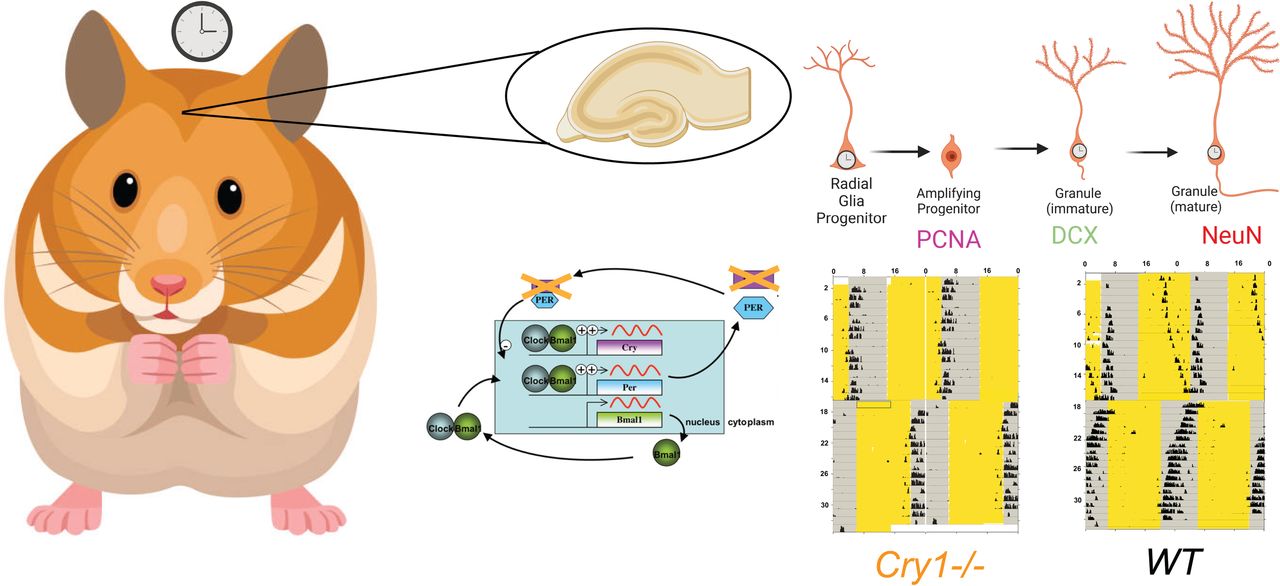2023-04-03 ペンシルベニア州立大学(PennState)
北アメリカで栽培されるカボチャ類に熱狂的に食いつくEucera pruinosa(カボチャハナアブ)は、過去1000年間のカボチャ類の栽培の増加によって、急速に増加している。
ペンシルバニア州立大学の研究者らが、人間の農業慣行に対する昆虫の適応過程を初めて確認した。Eucera pruinosaの遺伝子解析の結果、カボチャ類の栽培拡大に適応するための化学受容体の変化を示唆し、栽培される植物が変化することで昆虫の適応や分布範囲が拡大することが分かった。この調査結果により、人間の農業慣行が昆虫にもたらす影響や食糧の安全保障に関する重要性が明らかになった。
<関連情報>
- https://www.psu.edu/news/research/story/squash-bees-flourish-response-agricultural-intensification/
- https://www.pnas.org/doi/10.1073/pnas.2208116120
農業の拡大が、カボチャの特殊な花粉媒介者の最近の進化史を形作った The expansion of agriculture has shaped the recent evolutionary history of a specialized squash pollinator
Nathaniel S. Pope, Avehi Singh, Anna K. Childers, Karen M. Kapheim , Jay D. Evans and Margarita M. López-Uribe
Proceedings of the National Academy of Sciences Published:April 3, 2023

Significance
The conversion of natural to agricultural environments results in a dramatic modification of existing ecological conditions, and there are well-studied examples of crop pests that have rapidly evolved to fill novel agricultural niches. However, the degree to which agricultural intensification influences the evolution of wild insect pollinators is unknown, despite the importance of these mutualists to the global food supply and the persistence of plant populations. This study demonstrates that historical human agriculture in North America has had a profound impact on the recent evolutionary history of a wild, squash-specialized bee that is an essential pollinator of cucurbit crops. This provides a clear example of the role of agriculture as an evolutionary force acting on wild insect pollinators.
Abstract
The expansion of agriculture is responsible for the mass conversion of biologically diverse natural environments into managed agroecosystems dominated by a handful of genetically homogeneous crop species. Agricultural ecosystems typically have very different abiotic and ecological conditions from those they replaced and create potential niches for those species that are able to exploit the abundant resources offered by crop plants. While there are well-studied examples of crop pests that have adapted into novel agricultural niches, the impact of agricultural intensification on the evolution of crop mutualists such as pollinators is poorly understood. We combined genealogical inference from genomic data with archaeological records to demonstrate that the Holocene demographic history of a wild specialist pollinator of Cucurbita (pumpkins, squashes, and gourds) has been profoundly impacted by the history of agricultural expansion in North America. Populations of the squash bee Eucera pruinosa experienced rapid growth in areas where agriculture intensified within the past 1,000 y, suggesting that the cultivation of Cucurbita in North America has increased the amount of floral resources available to these bees. In addition, we found that roughly 20% of this bee species’ genome shows signatures of recent selective sweeps. These signatures are overwhelmingly concentrated in populations from eastern North America where squash bees were historically able to colonize novel environments due to human cultivation of Cucurbita pepo and now exclusively inhabit agricultural niches. These results suggest that the widespread cultivation of crops can prompt adaptation in wild pollinators through the distinct ecological conditions imposed by agricultural environments.

